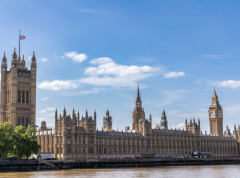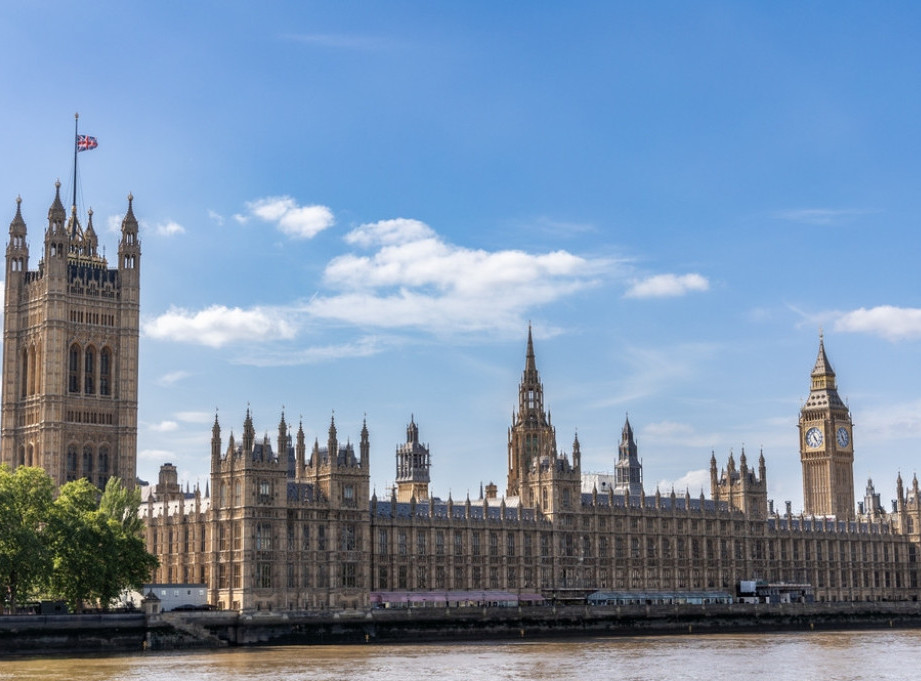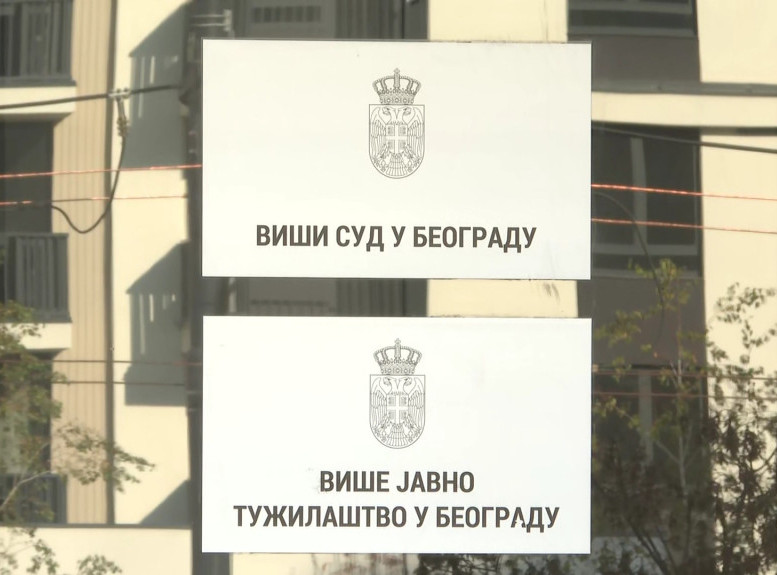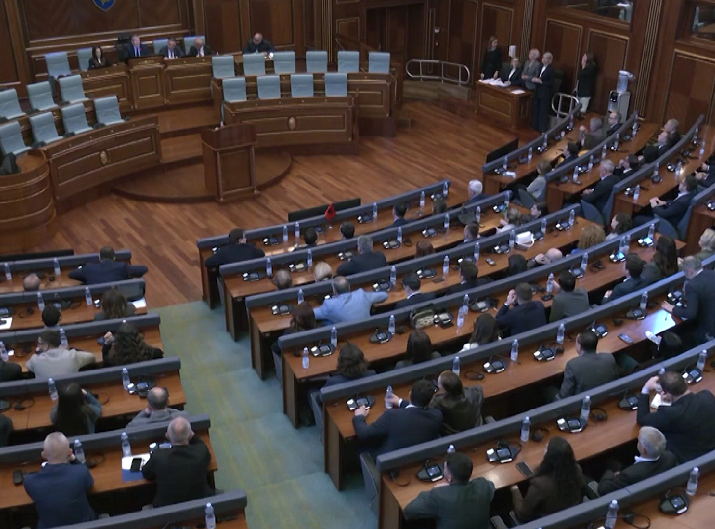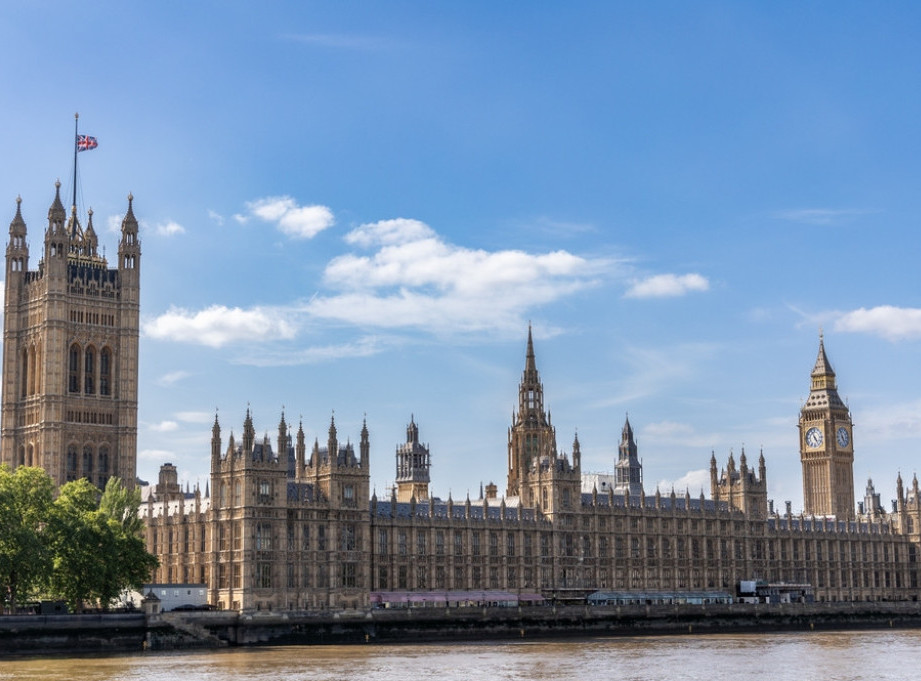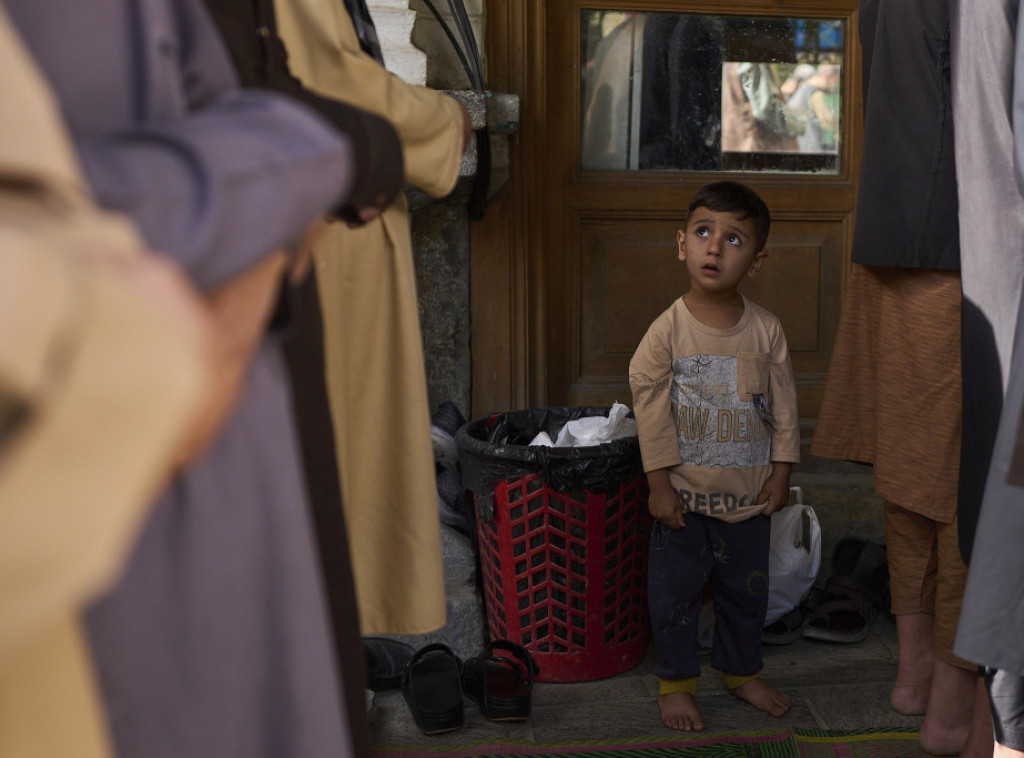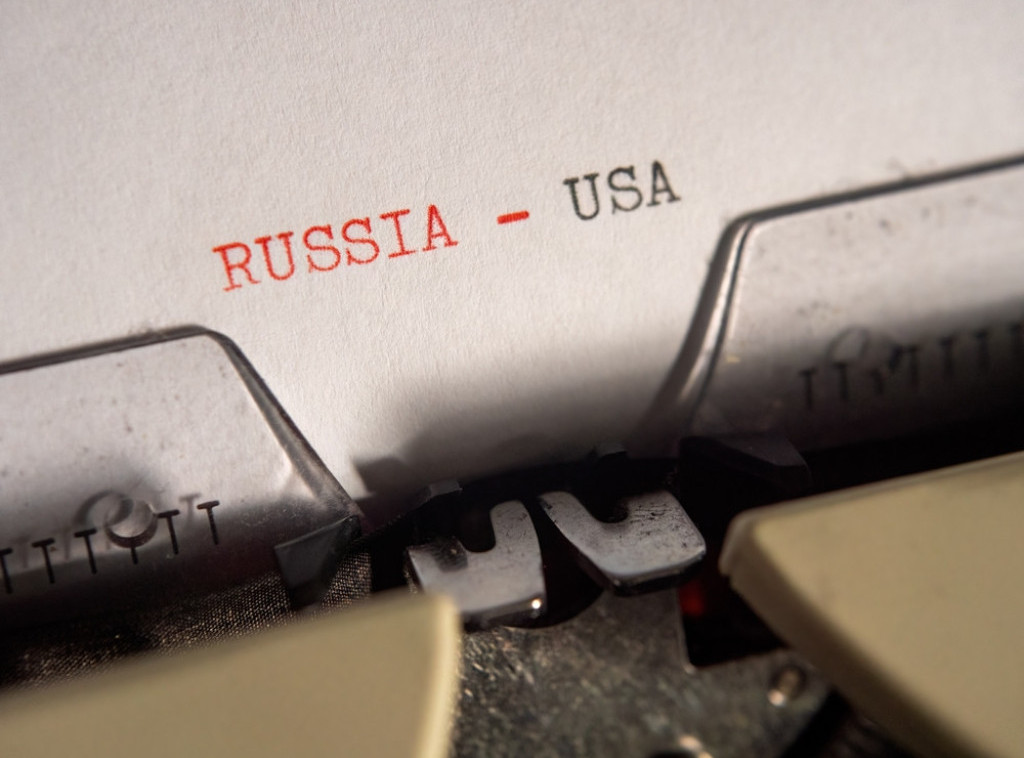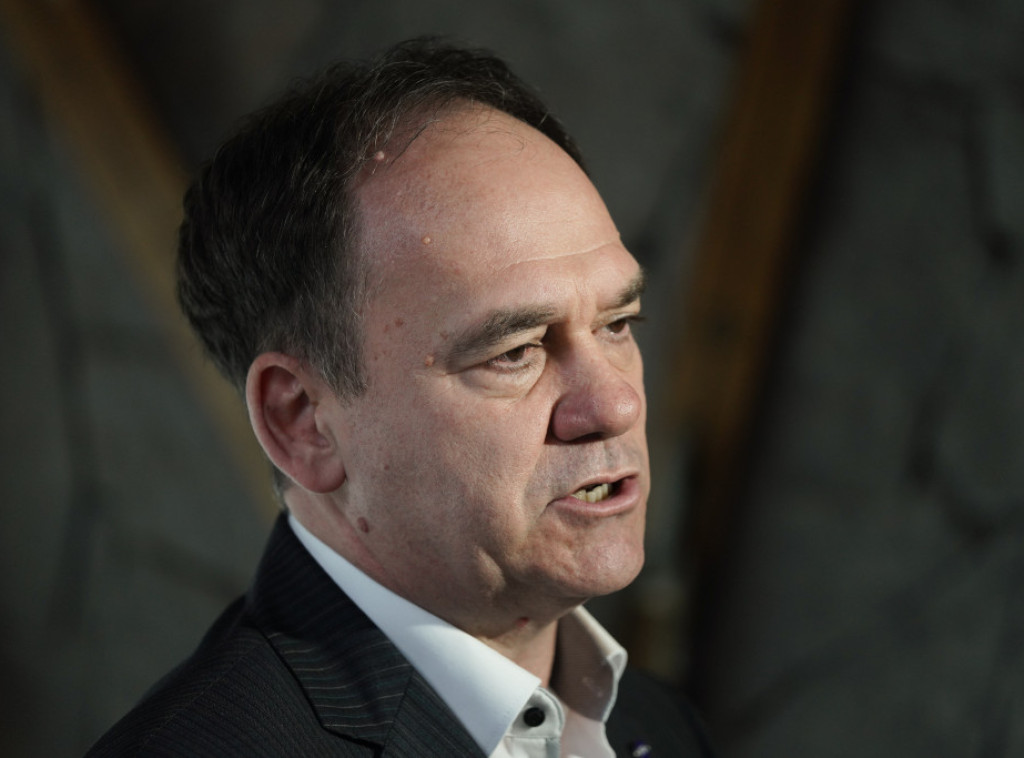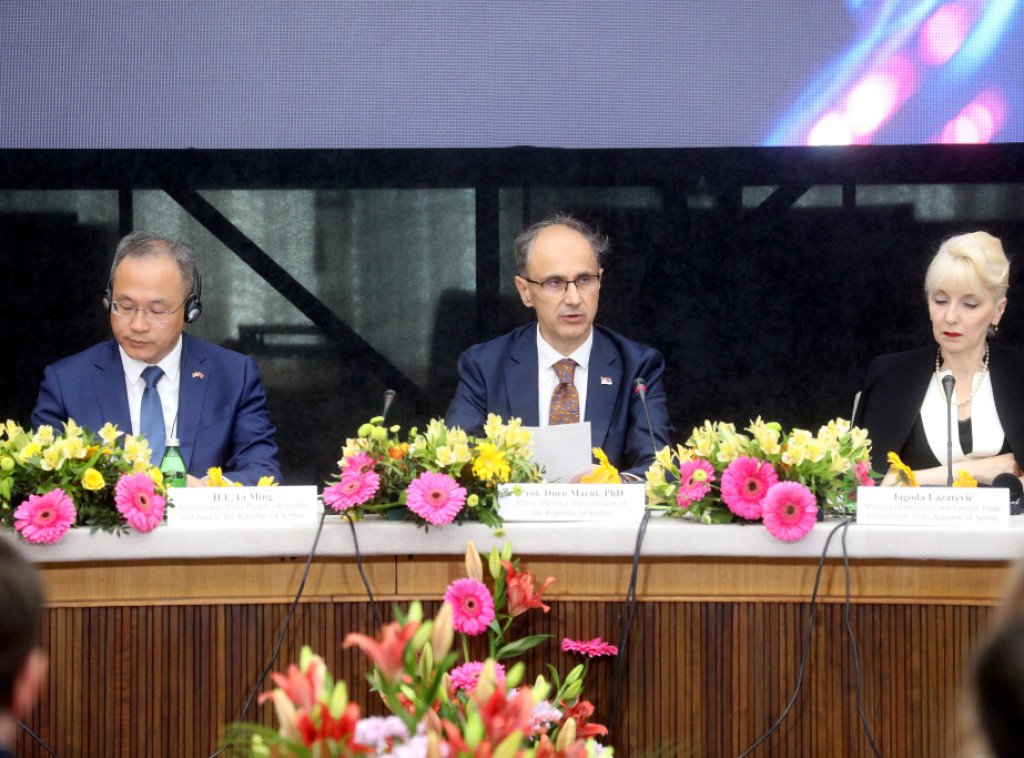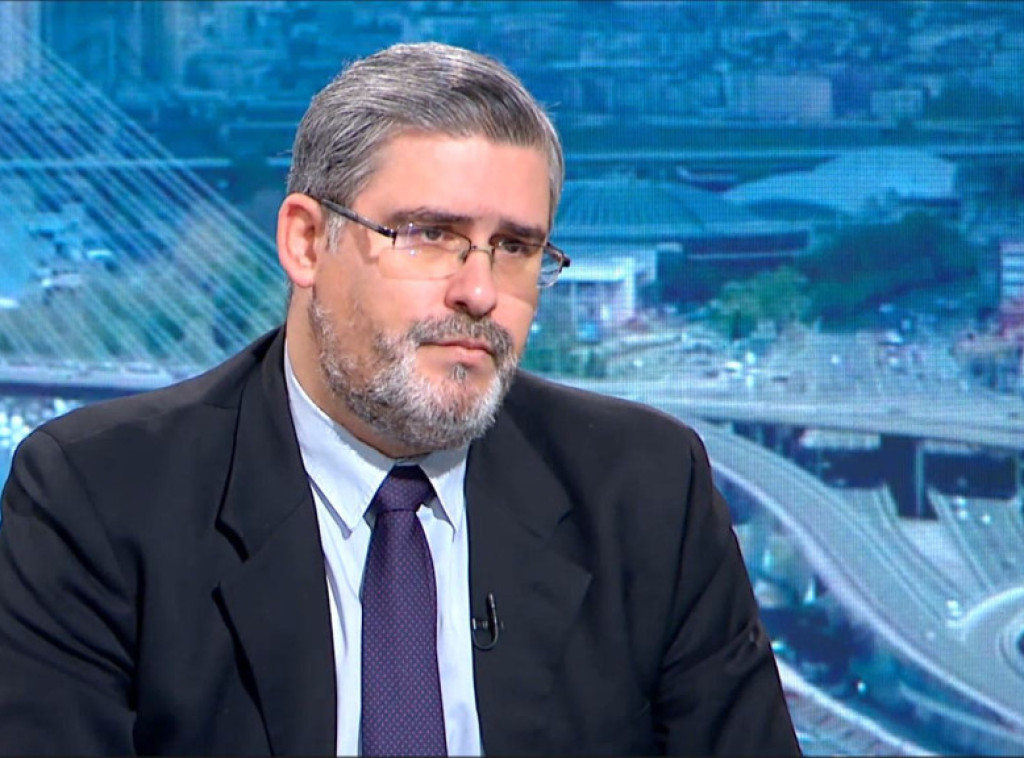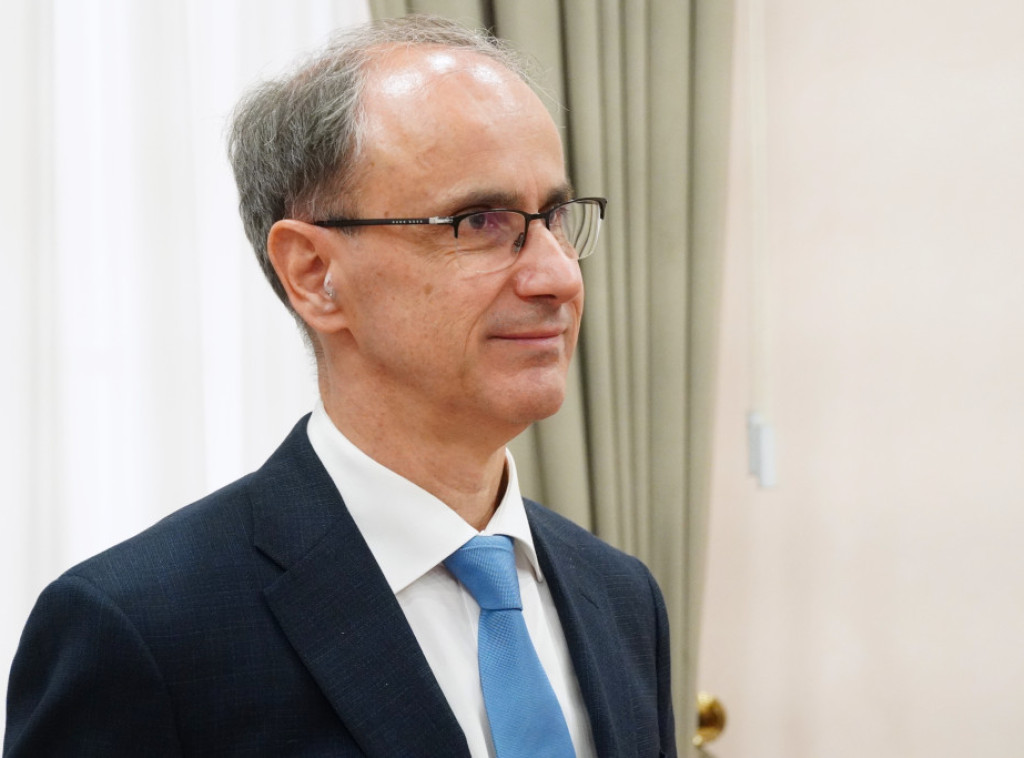British ministers are facing criticism for insufficient engagement in preserving and strengthening the country’s soft power. Key institutions promoting British global influence, such as the BBC World Service, British Council, and British universities, are under serious financial pressure. Members of the Soft Power Council warn that funding cuts could seriously jeopardize the UK’s ability to maintain its global influence in cultural, educational, and media fields. While countries like China and Russia invest billions in expanding their global influence, British institutions are facing significant funding reductions.
Political Perspectives:
Left: Left-leaning outlets emphasize the negative impact of austerity and government budget cuts on Britain’s soft power institutions, criticizing the Conservative government’s neglect of cultural and educational diplomacy. They highlight the importance of soft power in global influence and warn that underfunding these institutions weakens the UK’s international standing.
Center: Centrist sources report the issue factually, noting the financial pressures on British soft power institutions and the warnings from the Soft Power Council. They provide balanced coverage of the challenges Britain faces in maintaining its global influence amid budget constraints and international competition from countries like China and Russia.
Right: Right-leaning media focus on the need for efficient use of resources and may argue that Britain should prioritize hard power and defense spending over soft power. They might also highlight the successes of British diplomacy and global influence despite financial challenges, emphasizing national resilience and strategic priorities.





